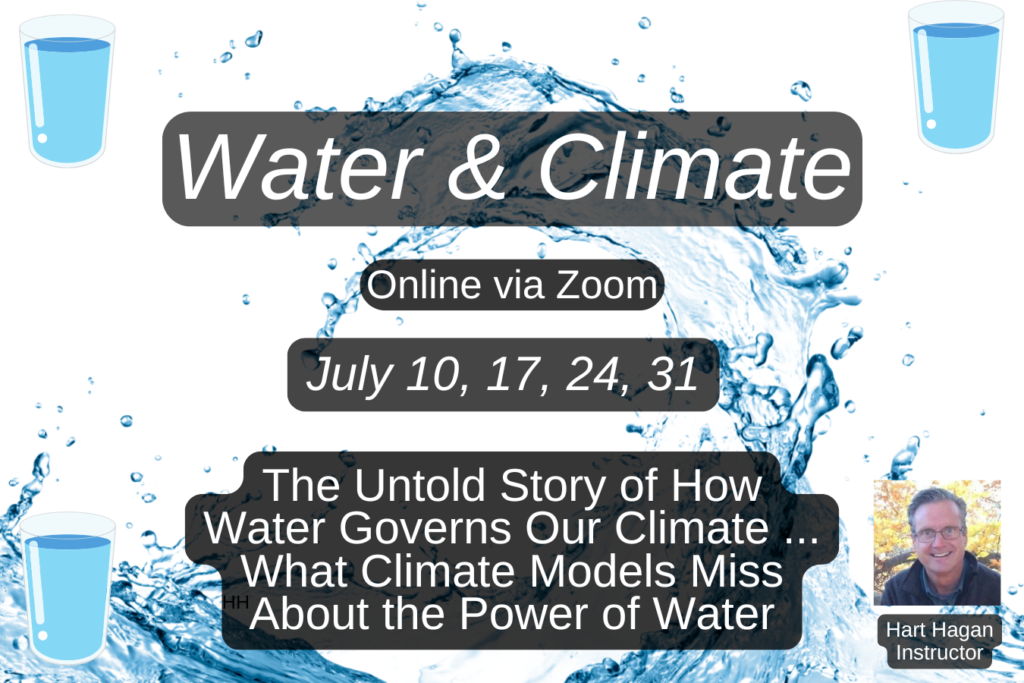Courses
- More expert instructors added!
Katie Ross was raised in central Wisconsin and graduated with a degree in Ecology from Columbia University. She has focused on climate change by supporting Tribes and rural communities in their transition away from fossil fuels, both in Wisconsin and later in Australia. After 15 years as a transdisciplinary action researcher at the Institute for Sustainable Futures within the University of Technology Sydney and a doctoral inquiry into transformative learning, her focus shifted to the life beneath our soles – within our soils. She worked for and led Soils for Life, an Australian organisation supporting farmers transitioning to regenerative agriculture.
Didi Pershouse is the author of The Ecology of Care: Medicine, Agriculture, Money, and the Quiet Power of Human and Microbial Communities and Understanding Soil Health and Watershed Function. She teaches participatory workshops on the nested relationships between soil health, human health, water cycles, and climate resiliency. She is the founder of the Land and Leadership Initiative and the Center for Sustainable Medicine, and a co-founder of the “Can we Rehydrate California?” Initiative. She is an independent trainer and curriculum developer for the UN-FAO Farmer Field School Program and the Andhra Pradesh Community Managed Natural Farming Initiative in India.
New research has uncovered a surprising driver of sea level rise: shrinking soil moisture is sending more water into the oceans than melting glaciers—more than twice as much.
It points to something most climate conversations miss: nature’s water cycles are breaking down.
In our new course, Water & Climate, you’ll learn how forests, grasslands, and wetlands act as Earth’s air conditioners, and how we can restore these powerful systems right where we live.
Join us and discover alongside a roster of experts how water, not just carbon, holds the key to a livable future.
Early bird registration ends today and gives you immediate access to our private Water Cools group, where you’ll receive valuable resources and conversation ahead of the course.

News and Insights
- In Death, New Life: The Science And Symbolism of a Whale Fall
Writer Omnia Saed explores how a whale’s death becomes a deep-sea cradle of life, and an expression of renewal, memory, and transformation.
What’s happened in the past can sustain life in the present in ways we are only beginning to understand.
A whale fall is more than just the end of one life—it is the beginning of countless others. Each stage transforms the carcass into a foundation for vibrant ecosystems, offering sustenance in the ocean’s darkest, most inhospitable depths.
The whale’s final descent becomes a poignant testament to this relentless cycle of life—a story of renewal echoing through the ocean’s depths, where nothing is wasted, where the large feeds the small and the small feeds the large in a potentially endless loop, and everything is repurposed to sustain the next chapter.
Events and Community
- Virtual | Ecorestoration & Social Justice Around the World, June 10
Join us on Tuesday, June 10, as we team up with MAPA Peace & Climate Group to explore ecorestoration efforts around the world that challenge colonial models and extractive climate responses with community-driven solutions. As top down aid programs face political challenges, we will talk with programs in Senegal and the Amazon working from the ground up with local communities to leverage eco-restoration into both climate and economic resilience.
John Leary, Executive Director, Mother Trees
Rob de Laet, Project Lead, Cooling the Climate
Ousmane Aly Pame, PhD, distinguished professor of literature at Université of Cheikh Anta Diop in Dakar, Senegal and founder and President of REDES
Moderated by:
Beck Mordini, Executive Director, Biodiversity for a Livable Climate
REGISTER AND LEARN MORE - Greater Boston | Miyawaki Forest Bike Tour, Self-guided
Lace up and clip in for a summer of regenerative riding.
This self-guided cycling route, designed by a Boston University student team for Cycle to Science, winds through four Miyawaki mini-forests across the Boston area, including our very own forests at Danehy Park and Greene-Rose Park. These densely planted forests are small in size but mighty in function, cooling neighborhoods, restoring biodiversity, and reconnecting communities with nature.
Have fun, send us some photos, and please wear a helmet!
GIVE ME THE ROUTE DETAILS
